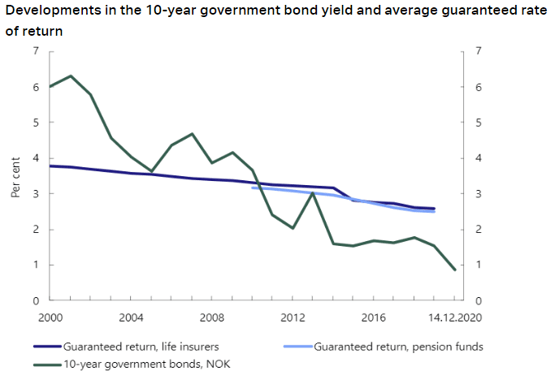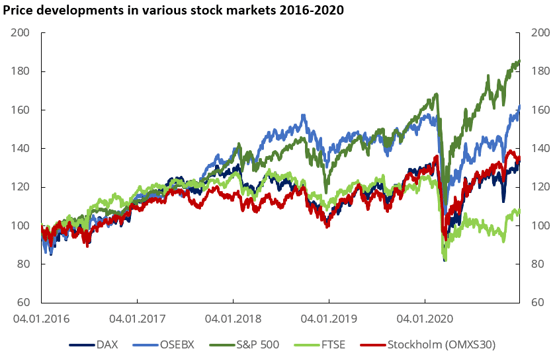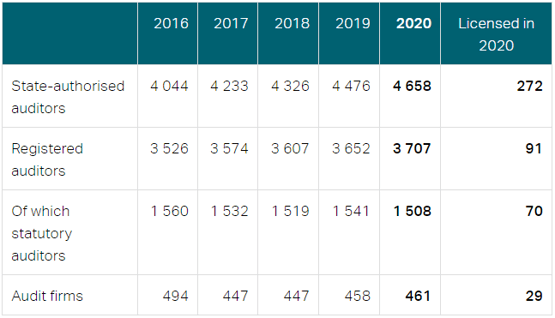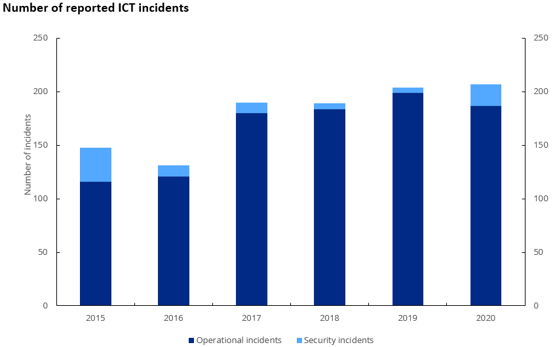Reports from the supervised sectors for 2020
The institutions and markets that are supervised by Finanstilsynet play a key role in the financial infrastructure. In the reports from the supervised sectors for 2020, the work carried out by the various areas during the past year is highlighted. The reports address important supervisory matters, relevant regulatory developments and a number of licensing matters from 2020.



